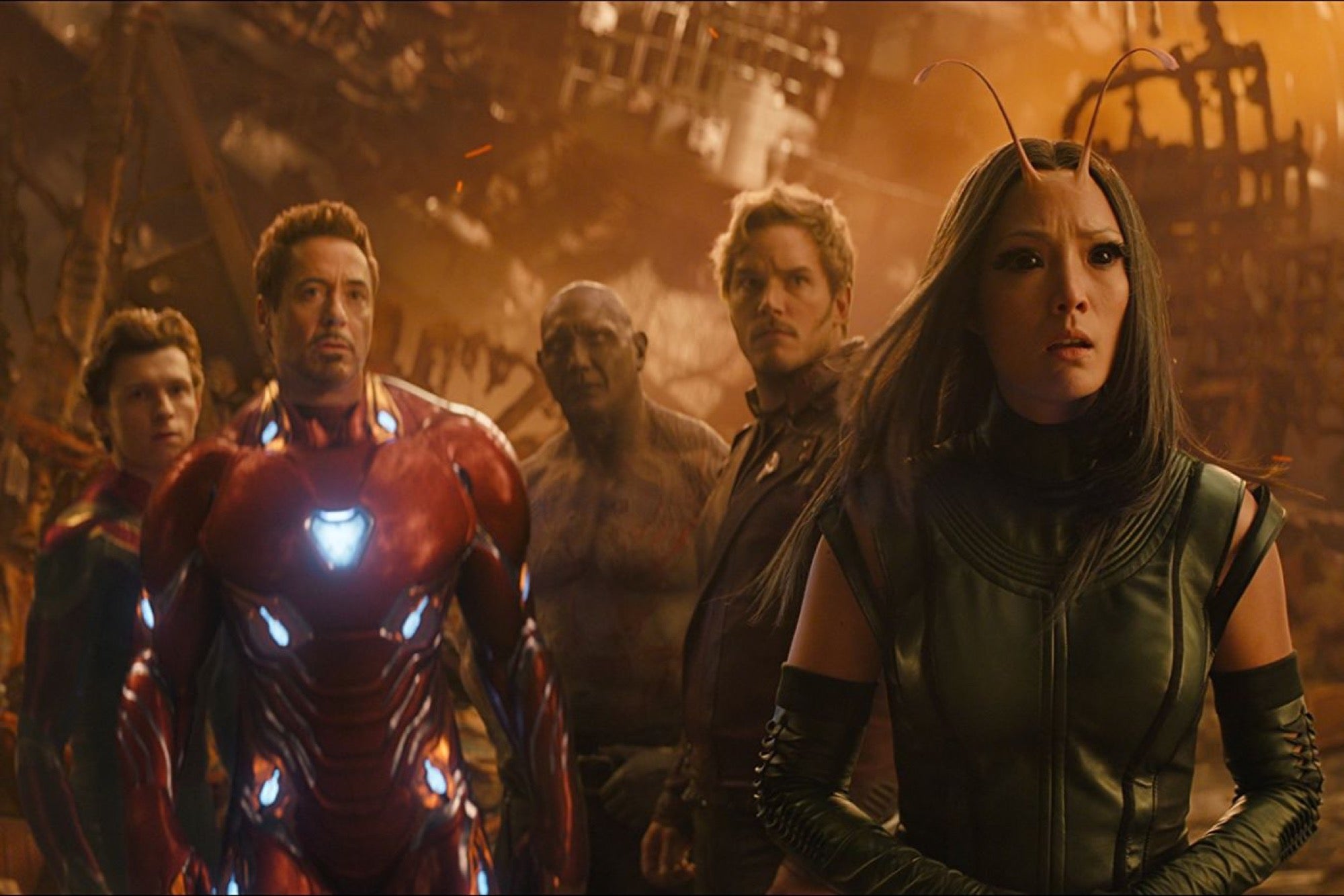4 Super Business Lessons From Marvel's Decade of Box Office Success The comic book company has released its biggest movie so far this weekend.
By Nina Zipkin

This weekend, the 19th feature from Marvel Studios, Avengers: Infinity War, will bring together 64 beloved characters to the big screen in a 150-minute intergalactic, superheroic battle that is the culmination of 10 careful years of planning from Marvel -- and this cinematic extravaganza is only part one.
Infinity War cost roughly $300 to $400 million to make and is on track to bring in anywhere from $190 million to more than $235 million just during its debut. Another Avengers outing is going to be released in May 2019 to bring this particular era of Marvel movies to a close, with the company showing no signs of slowing down any time soon.
So how on earth did the company do it? Here's what can you learn from its incredibly lucrative playbook.
Related: 'Black Panther' Director Ryan Coogler Shows Why Gratitude Is an Integral Part of Success
1. Focus on making the best product you can.
To hear Kevin Feige, the president of Marvel Studios tell it, while the Marvel Cinematic Universe is now this gargantuan force, it wasn't the company's original intention.
"We never set out to build a universe. We set out to make a great Iron Man movie, a Hulk movie, a Thor movie, and then be able to do what, at the time, nobody else was doing: put them together," Feige told Vanity Fair. "Bring that experience that hardcore comic readers have had for decades of Spider-Man swinging into the Fantastic Four headquarters, or for Hulk to suddenly come rampaging through the pages of an Iron Man comic. We thought it would be fun for filmgoers to get that same -- on a much bigger canvas -- rush, because there is something just inherently great about that: seeing characters' worlds collide with one another."
Related: Marvel's 'Black Panther' Is More Than a Movie, It's a Model for Mentorship
2. Don't be afraid to throw things out and start over.
In that same interview, Feige explained that that the M.O at the company is to make those world-colliding connections, but if something doesn't fit, they won't try to force it. "Everyone within Marvel Studios just knows the individual movie trumps the overall picture," he explained. "If there's a better idea for a movie -- if we were going to plant a seed in this movie that was going to be awesome and pay off three movies later, but that seed is not working and that seed is screwing up the movie, goodbye.
3. Bring in trusted collaborators and let them run with their vision.
The two films before Infinity War differed in that Thor: Ragnarok was the third entry for a foundational character and Black Panther was the introduction to a new one. But in idiosyncratic storytellers Taika Waititi and Ryan Coogler, Marvel empowered the directors to take the superhero genre to fascinating places and build worlds that audiences hadn't seen before -- a decision that paid of both critically and commercially.
Related: Marvel's Content Director: Your Superpower Is Your Unique Voice and Understanding Your Value
4. Have a sense of history and a willingness to move forward.
It's apparent that the people in leadership roles at Marvel approach these adaptations from the perspective of a fan, but they understand that in order for the brand to thrive, they need to bring more people into the fold, both on the page and in the audience.
In conversation with Entrepreneur, Sana Amanat, the company's vice president of content and character development and co-creator of the top selling teen hero Miss Marvel, said that while shepherding the company's more than 8,000 characters onto a variety of platforms including television, games and merchandise, might seem daunting, "it's about figuring out all the different touch points that exist within the Marvel ecosystem, [and] how to access different kinds of fans that are out there. … Where have we been, where are we now [and] where can we go next?"











